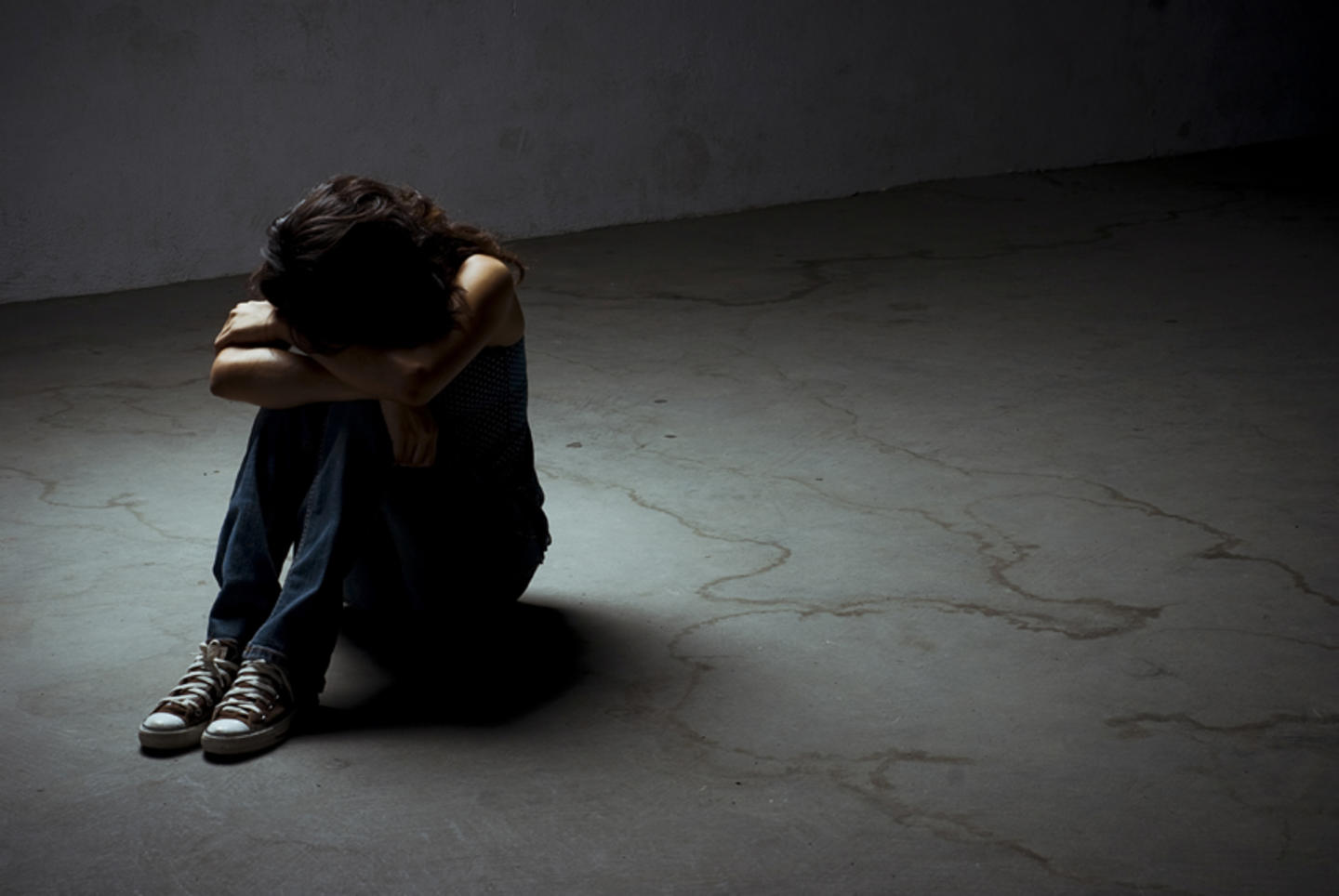The statement comes from Petya Nestorova, Executive Secretary of the Council of Europe Convention on Action against Trafficking in Human Beings. She, and more than 200 experts from all over Europe will take part in European conference on protecting and promoting the rights of victims of trafficking. ‘Putting victims first’ is the name of the conference and takes place on 26 and 27 November in Warsaw.
Human trafficking is among the worst forms of human rights abuse, destroying the lives of the world’s most vulnerable people. The victims often suffer physical, emotional and psychological abuse and mistreatment.
Nestorova stresses that 40 signatories to the Council of Europe’s Convention on Action against Trafficking in Human Beings is a sign of real political commitment. Yet, the European economic crisis has hit the victims hard, and stronger efforts are needed.
“There is still room for improvement,” she says.
The statistics speak for themselves: Several hundred thousand women, men and children are victims of trafficking in Europe every year, and the number is rising. According to a recent report from Eurostat, there has been 18 % increase in the number of trafficking victims within the EU from 2008 to 2010. Six out of ten victims are trafficked for sexual exploitation, while one out of four are trafficked for forced labour. 68% of victims are women, 17% men and 15% children.
A complex problem
Protection of victims is the focus of the ‘putting victims first’ conference. The conference is supported by the EEA and Norway Grants and organised in cooperation with the Polish Ministry of Interior, the Council of Europe and the International Organization for Migration. The aim of the conference is to share experiences and clarify the content of the obligation to protect victims.
Nestorova emphasizes that the exploitation of victims has taken many different forms:
“A lot of the trafficking is hidden. At the same time there is an increase in forced begging, especially for children from the Roma community.”
A more targeted approach
Iceland, Liechtenstein and Norway are firmly behind combating trafficking. To meet this end, they have entered into a strategic partnership with the Council of Europe. “Protection”, also referred to as the second “P”, is especially singled out in the Convention. The Convention on Action against Trafficking in Human Beings and the Group of Experts on Action against Trafficking in Human Beings (GRETA) provide direction and valuable guidance for their efforts.
The President of GRETA, Nicolas Le Coz, highlightes victim identification, compensation and prosecution of traffickers as areas where the ‘Putting victims first’ conference could make an impact:
“The conference will help the signatories to the Convention to better understand the rights of victims and to help national authorities to make them reality.”
Le Coz wants to see stronger cooperation across sectors to stamp out the crime:
“We need to see a more targeted approach and the establishment of National coordination mechanisms,” he adds.
Taking strong action
The Grants are addressing trafficking through in programmes in 10 EU countries – Bulgaria, the Czech Republic, Estonia, Hungary, Latvia, Lithuania, Poland, Portugal, Romania and Slovakia.
The activities include the funding of shelters, information campaigns and reinforcement of the investigative capacity of the police to tackle trafficking in human beings. In Bulgaria, Poland and Romania, the Grants provide funding to enable the follow-up and implementation of GRETA’s country-specific recommendations.
Follow the conference on twitter: #puttingvictimsfirst
Read more about the conference on the ‘putting victims first’ website.
Read more about this and other events on our events calendar.
Get more information about trafficking in Europe on our website
